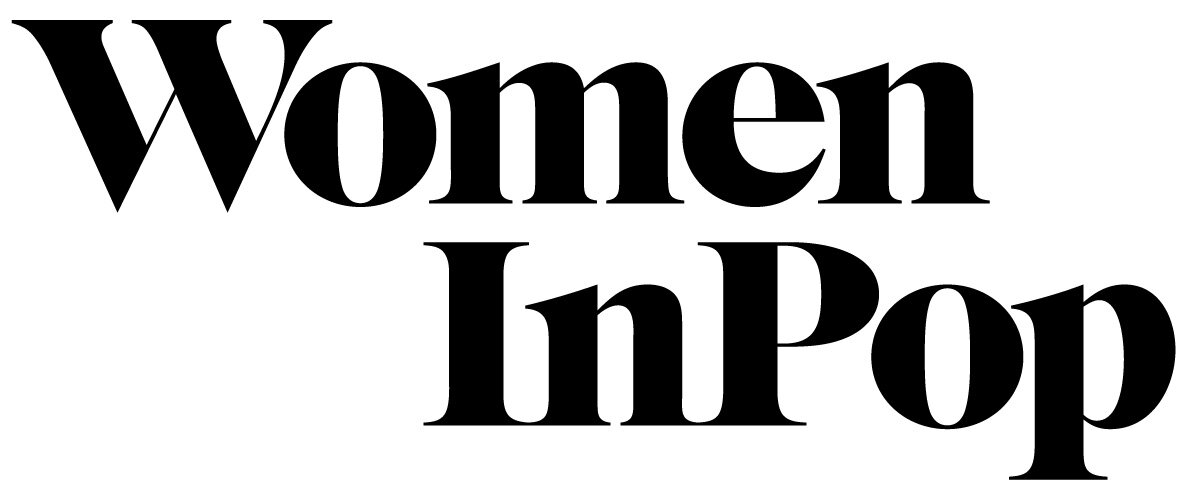Interview: All Our Exes Live In Texas
All Our Exes Live In Texas L-R: Georgia Mooney, Elana Stone, Hannah Crofts, Katie Wighton. Image: Cybele Malinowski
Words: Taylor Fox-Smith
Australian folk band All Our Exes Live In Texas formed in 2013 by Hannah Crofts, Georgia Mooney, Elana Stone and Katie Wighton for an O Brother Where Art Thou? tribute show, taking their name from a Google search for 'world's worst country song titles' ("it was that or 'it's your fault our kids are ugly'" Croft told InStyle magazine in 2017). Since then, they have become one of the most critically aclaimed bands to emerge from Australia in recent years and achieved mainstream cross-over success when their debut album When We Fall peaked in the top 10 of the Australian albums chart and won an ARIA Award for Best Blues & Roots album in 2017. Their lush, four part harmonies and gorgeous melodies put a modern spin on folk, blues and roots music and has seen the band garner a huge fan base across the world with appearances at major music festivals such as South By Southwest and The Great Escape.
Alongside their music, All Our Exes Live In Texas are becoming just as well known for their strong feminist beliefs and for speaking out about important political issues. Women In Pop recently spoke to vocalist and guitarist Katie Wighton to learn more about the band and just how music plays a part in activism.
How would you describe your genre and the female influences behind it?
Somebody once described our genre as folk blended with retro indie-pop. I like that description and I think it's a pretty accurate of our music.
I think it's a really monumental and exciting time to be a woman in the music industry. Women are really being brought to the fore which is seriously awesome. We have always loved the greats such as Joni Mitchell, Emmy-Lou Harris, Dolly Parton, Gillian Welch. More recently we've been delving into the likes of Laura Marling, Angel Olsen, Sharon van Etten, Margaret Glaspy and Phoebe Bridgers. We are super lucky to be surrounded by amazing Australian artists too like Julia Jacklin, Sarah Blasko and Missy Higgins. All of these women are influences for us – both stylistically and in their approach to the world and feminism.
What does it mean to be a feminist artist?
I think for a while I would've separated the two and said I was an artist who was a feminist. Now I couldn't feel more differently. Our feminist beliefs are something we all fight for every day, not just in music. With the #MeNoMore movement really taking off I think it's even more important for women in music to stand up and fight for equality. If you have any sort of platform as an artist I believe you have a responsibility to speak out and up about injustices and inequalities. We all try and do that whenever we can.
What role does music play in activism?
I think women like Joni Mitchell and Joan Baez set the bar pretty high in the 60s/70s. They wrote amazing songs that were incredibly powerful and inspiring. Their music brought people together. Music has that amazing power. That feeling people get at rallies when someone sings “We Shall Overcome” is not something measurable and can often be more powerful than words alone. Music transcends race, religion, colour - anything that can potentially be divisive. Nowadays there are Aussie bands like Camp Cope and Courtney Barnett writing songs like 'The Opener' and 'Nameless, Faceless' which address issues of sexism specifically in the music industry and also in general. St Vincent with Fear the Future about the future of American politics and the world at large. Kevin Morby with Beautiful Strangers with lyrics like:
'Pray for Paris, they cannot scare us
Or stop the music
You got a sweet voice, child
Why don't you use it?'
Music is such a powerful medium and we are super keen to write more protest/social commentary songs for our next album.
Do you think the Australian music industry adheres to sexist ideas or are you noticing a shift in the way women are empowered/perceived and recognised in the industry?
I think there is a long way to go but yes, I do see a shift. I see it being more important to people that women are equally and fairly represented alongside their male counterparts. I see it in the backlash when they aren't. I hope it ends up trickling down to the day to day interactions we have with each other. I hope the artists with big profiles continue to speak up for the little ones. I hope we don't get complacent. I also hope we can ensure that everyone feels included – not just the people who identify as being women and men. I hope we can take steps to make sure the members of the trans and non-binary community also feel included. As I said, there's still a long way to go....
What advice would you give to young female artists experimenting with folk, blues and other alternative genres?
Ignore the little voice in your head telling you you aren't good enough to take a guitar solo or try that new song out. Ignore the subtle (but somehow incredibly loud) hints that the music industry is a boys club. Find some friends who make you feel safe and play music with them. In that forum you'll feel much more able to use your voice and you'll gain the confidence you need to face the world of men (just like The Sound of Music only less sexist haha!) Surround yourself with kind and inclusive humans. Make music with people who tell you you're great and support you. Don't make music with people who think it's cool to be aloof and non-complimentary. It isn't. It's cool to be kind, kids.






